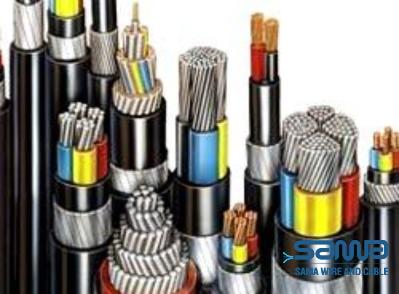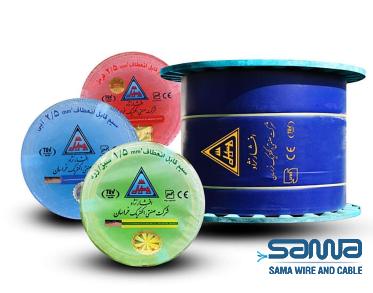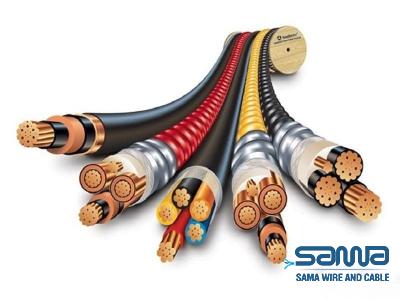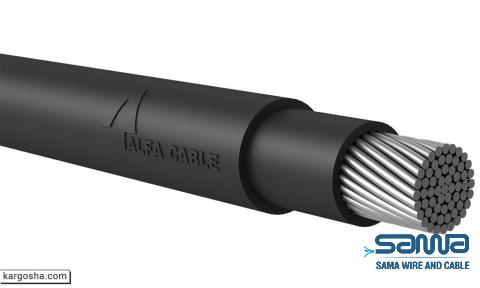Wire and cable manufacturers play a crucial role in the global economy, providing the essential means of transmitting power, signals, and data through electrical systems. These manufacturers produce a diverse range of wires and cables used in various industries, such as telecommunications, energy, automotive, construction, and more. This article will explore the key aspects of wire and cable manufacturing, highlighting the challenges, trends, and leading manufacturers in the industry.
Industry Overview:
The wire and cable manufacturing industry has witnessed significant growth due to the increasing demand for technologically advanced products. Over the years, innovative solutions such as fiber optic cables, high voltage cables, and eco-friendly materials have fueled the market’s expansion. The industry is driven by rapid urbanization, infrastructure development, and the growing need for efficient power transmission and communication networks.
Challenges and Opportunities:

Wire and cable manufacturers face several challenges in meeting the demands of various sectors. Rising raw material costs, stringent quality standards, and increased competition are among the primary hurdles. Manufacturers must adapt to rapidly changing market dynamics and constantly upgrade their technologies to remain competitive. However, with challenges come opportunities. The evolution of renewable energy sources, electric vehicles, and smart infrastructure presents a promising future for wire and cable manufacturers.
Prominent Manufacturers:
1. Prysmian Group: As one of the world’s largest wire and cable manufacturers, Prysmian Group offers a comprehensive range of cables for power transmission and distribution, telecommunications, and industrial applications. With a strong focus on research and development, the company has been at the forefront of technological advancements in the industry.
2. Nexans: Nexans is another globally recognized wire and cable manufacturer providing comprehensive solutions for power, data, and telecommunication networks. The company’s offerings include copper and fiber optic cables, as well as components for renewable energy systems and electric vehicles.

3. General Cable: With a presence in over 50 countries, General Cable specializes in the production of energy and communications cables. The company caters to various industries, including utilities, infrastructure, industrial, and construction. General Cable is known for its commitment to sustainability and environmentally conscious manufacturing practices.
4. Southwire Company: Southwire is a leading manufacturer of wire and cable products, serving industries such as energy, utilities, construction, and telecommunications. The company emphasizes innovation and sustainability, offering a diverse range of high-quality products backed by exceptional customer support.
Trends in Wire and Cable Manufacturing:
The wire and cable manufacturing industry is witnessing several important trends that are shaping its future. These include the integration of smart technologies within cables, the adoption of lightweight materials for improved efficiency, and the development of high-temperature and fire-resistant cables for enhanced safety.

Additionally, the shift toward renewable energy sources has resulted in the demand for specialized cables to transmit power generated from wind, solar, and hydroelectric installations. The advent of 5G technology and the rapid development of the Internet of Things (IoT) have further increased the need for advanced communication cables capable of handling higher data transfer rates.
Wire and cable manufacturers play a vital role in enabling the functioning of modern infrastructure across multiple industries. Their products facilitate power transmission, data communication, and signal connectivity. As the demands of these industries evolve and technology continues to advance, the wire and cable manufacturing sector faces both challenges and opportunities. By embracing innovation, investing in research and development, and adopting sustainable practices, manufacturers can pave the way for a more efficient, connected, and eco-friendly future.









